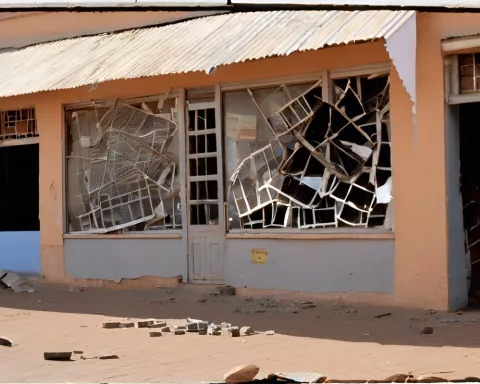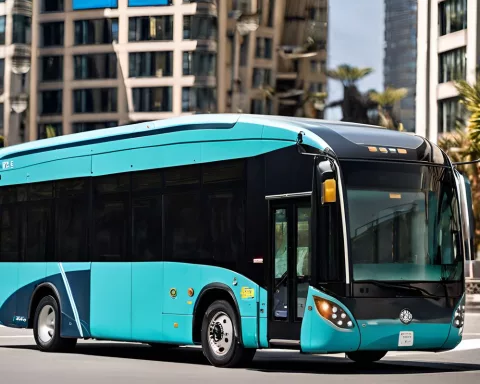In recent years, the tension between e-hailing operators and minibus taxi drivers has been on the rise in South Africa. This has resulted in various incidents of violent confrontations and attacks on drivers and passengers, raising concerns about the safety and security of public transport in the region.
The Maponya Mall Incident
One such appalling incident occurred on June 1, 2023, at Maponya Mall in Soweto. The altercation allegedly involved minibus taxi drivers and e-hailing operators, resulting in severe damage to multiple vehicles and substantial injuries to three individuals.
According to reports, the minibus taxi drivers attacked e-hailing operators, leading to the burning of three vehicles and damage to four others in the mall’s parking area. Three people were rushed to the hospital, with one sustaining injuries from a shooting incident allegedly carried out by minibus taxi drivers.
Condemnation by MEC Diale-Tlabela
Gauteng MEC for Transport and Logistics Kedibone Diale-Tlabela expressed strong condemnation regarding the attacks on e-hailing drivers and the burning of cars. Addressing the issue, MEC Diale-Tlabela stated that such violence and intimidation would not hinder the government’s efforts to establish an integrated and modernized public transport system in the region. She urged law enforcement officials to work relentlessly to apprehend those responsible for the brutal attacks, ensuring that the perpetrators face the full extent of the law.
Government’s Efforts to Eradicate Violence in the Public Transport Sector
Since the 2019 Gauteng Taxi Summit, the Department of Roads and Transport has made significant strides to eradicate violence in the public transport sector. The commission’s recommendations led to amendments in the Gauteng Public Transport Regulations Entity 2011, introducing an Alternative Dispute Resolution Mechanism within the public transport service industry.
MEC Diale-Tlabela encouraged all public transport operators to utilize the Arbitration Office to resolve their disputes peacefully. This approach aims to prevent further violence and contribute to the stabilization of the industry, ensuring the safety and security of both drivers and passengers in the public transport sector.
A Call for Collaborative Efforts
The shocking events at Maponya Mall serve as a stark reminder of the ongoing challenges faced by the public transport sector in South Africa. As the government continues its efforts to modernize and integrate the industry, it is vital for all stakeholders to work collectively towards a more harmonious and secure environment, free from violence and intimidation.
The road ahead remains fraught with uncertainty, making it crucial for regulators, operators, and the public to join forces in addressing these persistent issues, fostering lasting solutions that can transform the public transport landscape for the better.












